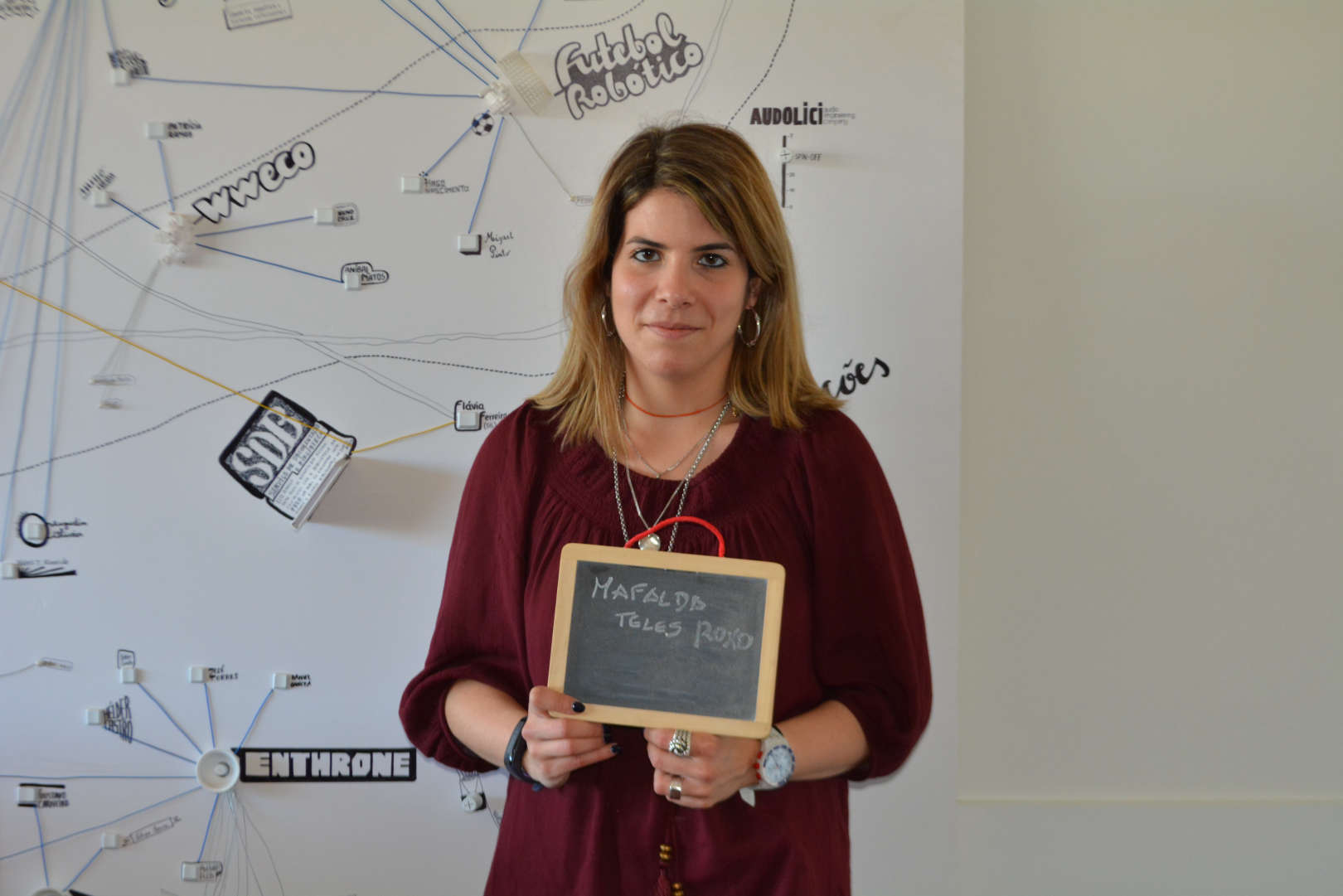About
Mafalda Teles Roxo is a Senior Researcher at LIAAD - INESCTEC (Laboratory of Artificial Intelligence and Decision Support) (since 2016) and an Invited Assistant Professor at the Faculty of Economics of the University of Porto (since 2020) and Assistant Professor at the University of Maia (since 2020). She has a PhD in Management from FEP-University of Porto with a study in Augmented Reality applied to Marketing (2020), an MSc in Marketing from Católica Porto Business School (2014), and an Executive Master in Business Innovation from Porto Business School (2023). She is vice-coordinator of the AI Business School initiative at the School of Economics and Management of the University of Porto.
Her research interests focus on digital transformation, technology adoption, consumer psychology, and data-driven education. Additionally, she also conducts research in the field of international marketing.
Furthermore, Mafalda has been supervising and co-supervising students and supporting higher education junior enterprises since their inception.
In recent years, she has worked in consultancy and training with institutions such as Porto Business School (projects Observatório do Retalho do Porto, FeelPorto) and EQS-Global, Verakis and CEGEA-Católica Porto Business School.


